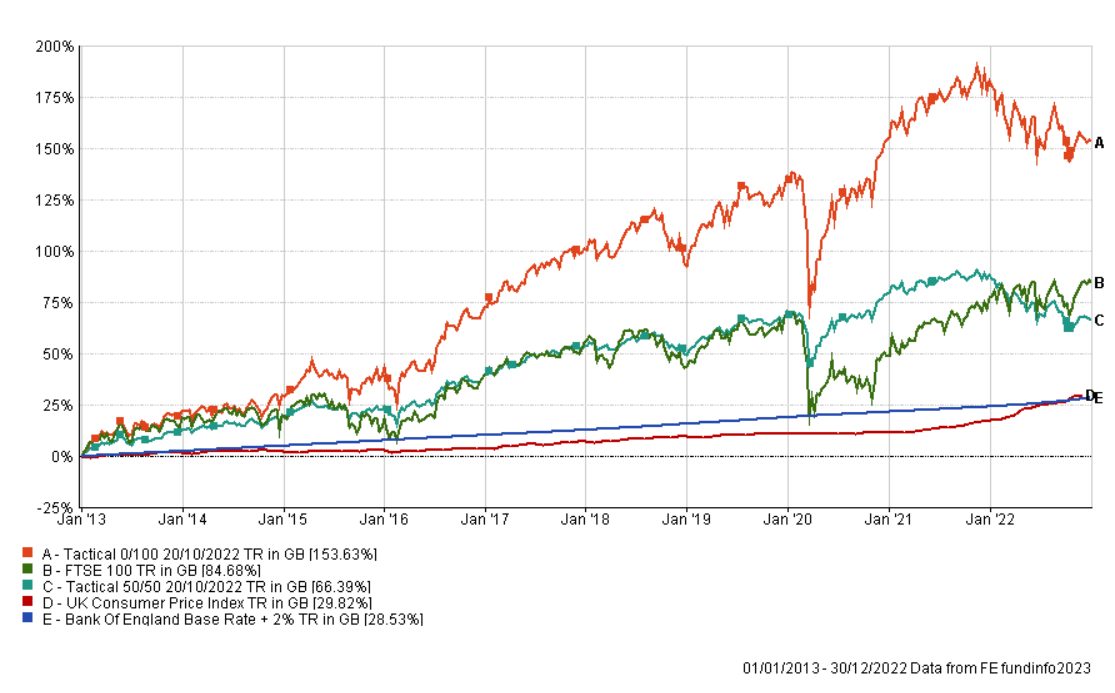What is Inflation?
What is Deflation?
How does Inflation affect me / you?
Is Inflation a bad thing?
Very simply inflation is the increase in the cost of living over a 12-month period. The figure we hear about the most in our news feeds is called the Consumer Prices Index or “CPI” for short. This figure is calculated every month by the Office for National Statistics by comparing the cost of 700 items that people regularly buy from bread to cars. Once the items have all been price checked, they are then compared to the prices exactly 12 months ago. The change in the price is then known as inflation.
Using a simple example, if it costs £1 for a loaf of bread in January 2021 and it cost £1.10 for the same loaf of bread in January 2022 the inflationary increase for that period is 10p or 10%. Because inflation is measuring the change in prices over a 1 year period, prices do not need to come down for inflation to fall. In fact, if prices do fall year on year, this is actually known as deflation but we can discuss this later. If that same loaf of bread still costs £1.10 in January 2023 the inflation figure for January 2023 is £0.00 or 0% as the price has not moved.
Now we understand what inflation is, it’s useful to understand how inflation affects you. If the costs of those products or services that you regularly purchase are going up, unless your income is increasing in line with this, you can now buy less for your money. I will stick with my bread example here to demonstrate this. When bread cost £1 per loaf you could get 10 loaves for £10. If bread is now costing £1.10 per loaf, that same £10 will only allow you to purchase 9 loaves of bread. Whilst this small difference may seem irrelevant, what is one less loaf of bread? If you extrapolate this over the 700 items in the CPI you can see how this can quickly add up and reduce the purchasing power of your income. Not only does it make the income you receive less valuable it can also affect the real value of your savings. If you have a savings account providing interest at a rate lower than inflation, your money is becoming less valuable year after year.
It’s easy to see why inflation gets a bad name, especially when it is high and impacts the value of your income and savings. Although this is the case, having some inflation is seen as positive for an economy, with the UK and the USA for example, having a target inflation rate of 2%. Firstly if prices are continuously falling, this is known as deflation. Whilst it sounds great, it is quite damaging for an economy. Would you buy a non-essential product or service today if you knew in a week, two weeks, or a month it’s going to be cheaper? When a month has passed, would you then purchase knowing if you wait another month, 6 months, or a year it will be cheaper still? If you don’t buy that product or service, companies will not need to produce those products or provide those services, this in turn leads to job losses with the cycle continuing. A little inflation encourages you to spend today as you won’t want to wait as the cost will be a little higher over the next year.
Secondly, when inflation is low, encouraging people to spend, creating jobs, and keeping companies profitable, wages usually rise at a similar pace. Anyone with a mortgage or any debt, benefits from small levels of inflation also, especially if income increases with inflation. Assuming the interest rate is fixed or remains level, the cost of that debt relative to your income and the value of that debt reduces.
Whilst inflation is higher than the Governments targeted rate today, as shown in the chart below, if you look back over the last 10 years to the end of 2022, inflation has wiped out all gains from cash savings (assuming you achieved 2% above Bank of England base rate). Investing in other asset classes such as the FTSE 100 or the Howard Wright propositions would have not only offset inflation but also seen capital growth in excess of this.

At Howard wright we help our clients to target growth above inflation, protecting and enhancing the real value of their savings whilst targeting their long-term financial goals.
“Past performance is not a guarantee of future returns, you may not get back what you invest”

Free Financial Review
If you would like to discuss your retirement objectives and how inflation will affect you personally with Ashley Smith one of our Chartered Financial Planners at Howard Wright, you can call him on 0345 688 4939 or you can fill in our enquiry form below, it only takes 20 seconds to complete. We look forward to hearing from you and seeing how Ashley can help.
Disclaimer
This article contains information from sources believed to be reliable but no guarantee, warranty, or representation, express or implied, is given as to its accuracy or completeness. Howard Wright Ltd does not undertake any obligation to update or revise any future statements. Past performance is not a reliable indicator of future results. Investments can go down as well as up and actual results could differ materially from those anticipated. This article is for information purposes only and has no regard to the specific investment objectives, financial situation or particular needs of any person as such, the information contained in this article is not intended to constitute, and should not be construed as, investment or financial advice. Appropriate personalised advice should be taken before entering into any transactions. No responsibility can be accepted for any loss arising from action taken or refrained from based on this publication. Howard Wright Ltd is Authorised and regulated by the Financial Conduct Authority.
